Am I a Charismatic? Well, to rightly answer that question, one first needs to clarify what is meant by the question. If the question is meant as ‘Do you believe in spiritual gifts and the importance of the Holy Spirit?’ Then the answer would most certainly be an astounding yes! On the other hand, if the question means something along these lines, ‘Do you believe the modern Charismatic movement is a faithful representation of biblical truth?’ Then the answer would have to be a clear no. When I use the term Charismatic, I am here using it as a broad term to describe all Christian movements that are known for their belief that the miraculous and revelatory sign gifts (gift of prophecy, gift of tongues, gift of healing) seen in the New Testament are still operational today. Even though I recognize that there are differences between Charismatics and Pentecostals, specifically the difference in recognizing speaking in tongues as the evidence of being baptized by the Spirit,[1] for my purpose here, I will refer to all those who believe that all the New Testament spiritual gifts continue as fully operational today, as Charismatics.[2] The broad Charismatic movement is too diverse for having a clearly defined systematic theology[3] to focus on, however, the belief in the continuation of prophecy, tongues and divine healing are something shared by most Charismatics.
The main reason why I am not a Charismatic is that the modern Charismatic gifts are not the same as those described in the New Testament, even though they are referred to by the same names. Charismatics often say that they simply believe that all the spiritual gifts of the New Testament are continuing until today. However, when we look closely at how the Bible defines these miraculous gifts, and then compare that to what is practiced by Charismatics, we see that they simply are not the same. Much could be written about the differences and details of these gifts, but since the scope and length of this article is to be a simple overview, the main differences and arguments will be summarized.
1. Prophecy Is Not the Same
When it comes to the nature of prophecy, the Old Testament record is crystal clear, true prophecy that comes from God is always hundred percent accurate. In fact, the sign of a false prophet is that their prophecy does not come true (Deuteronomy 18:21-22). God himself warns anyone from claiming to speak from God, unless he truly has received a prophecy from God (Deuteronomy 18:20). When we come to the New Testament we see no change in the definition concerning the nature of prophecy, but as with other things, the New Testament simply builds upon the Old Testament and assumes that we already know what has clearly been taught there. Contrasted to the biblical teaching of true prophecy always being completely accurate revelation, the modern claim by well-known and respected Charismatics such as Wayne Grudem, is that prophecy today does not have to be fully accurate and authoritative for it to still be true prophecy.[4] In fact, a modern Charismatic ‘prophet’ might even be wrong most of the time with his prophecies, something readily acknowledged by Charismatics, but they still think that this does not necessarily mean that the prophet who makes inaccurate prophecies would somehow be a false prophet.[5] They believe that the nature of prophecy being infallible words from God, as it clearly is taught to be in the Old Testament, was somehow radically changed in the New Testament to be fallible messages by fallible prophets. The problem with this view of redefining prophecy is that it is simply not found in the New Testament, in spite of their attempts to read it in there.[6]
2. Tongues Are Not the Same
When it comes to speaking in tongues, the biblical teaching is clear that the gift of tongues was the miraculous ability to suddenly speak other human languages without ever having studied them before (Acts 2:4-12). In Acts 2:4 we see clearly that the gift of tongues was the ability to speak in other tongues/languages, and in Acts 2:8-12 it becomes even more clear that these languages they were speaking were indeed real human languages that they had not previously known, but that were known to the people hearing them speak. This is the place where this gift of tongues is first introduced and defined, and even most Charismatics recognise that this is indeed what is being taught about tongues here. The problem comes, when the Charismatics then try to claim that when Paul later on in 1 Corinthians 12-14 speaks about tongues, that he is somehow radically redefining tongues in that context as something different than the miraculous ability to speak foreign languages, and that it is now somehow the ability to speak a non-human prayer language which is meant for edifying the believer himself, instead of proclaiming truth to others who can understand that language. However, when we look closely at Paul’s description of tongues and understand the context that he is writing, there is no need for us to think of it as anything else than that same miraculous gift which was already introduced and explained in Acts 2 (NOTE: I have an upcoming blog article that will deal with this topic in more detail). Here again we see the modern claim of speaking in tongues being radically different from the biblical definition of speaking in tongues, which was the miraculous gift of speaking in foreign languages.
3. Healing Is Not the Same
Finally, as it comes to the gift of healing, it has also been redefined by most Charismatics as something different than the truly miraculous gift that we see displayed in the Bible. The healings in the New Testament did not depend on the faith of the person receiving the healing (e.g. Mark 1:23-26; Luke 7:11-19; Acts 3:7, 9:40). The biblical healings were also immediate, completely effective and permanent (Matthew 8:2-3; Mark 1:40-42; Luke 5:12-13). These healing were also undeniable and clear for everyone to see (Matthew 12:24; John 11:47-48; Acts 4:16-17), since they were healing of real and visible disabilities, diseases and even death.[7] Contrasted to this, is the modern claim of Charismatic faith healers who say that the healing is often dependent on the faith of the receiver, and rarely if ever are the claimed healings in any way undeniable or even permanent. At best these healings are questionable, at worst they are simply completely fake. The biblical gift of healing was indeed amazing and left even unbelievers in wonder, so that they could not deny what happened, but the truth about these modern-day healings is that they do not even begin to come close to the biblical example. God can certainly still heal people today, but this is in a different category than the actual gift of healing.
Conclusion
So, do I believe in spiritual gifts and the importance of the Holy Spirit? I most certainly do! However, that does not mean that I accept that which is falsely ascribed to the Holy Spirit. I am not a Charismatic since I do not believe that the prophecy, tongues, and healing practiced by Charismatics today are the same as those described in the New Testament. Therefore that in itself is strong proof that the miraculous and revelatory gifts have indeed ceased, since their purpose was unique to the apostolic age when the foundation was being laid for the church of Christ (Eph. 2:20). To truly love the Holy Spirit is to glorify Christ and submit to the Word that he has given us!
FOOTNOTES:
[1] Donald W. Dayton. Theological Roots of Pentecostalism. (Grand Rapids: Zondervan, 1987), 176.
[2] Paul Enns. The Moody Handbook of Theology. Revised and Expanded (Chicago: Moody Publishers, 2014), 679.
[3] Edward K. Pousson. Spreading the Flame: Charismatic Churches and Missions Today. (Grand Rapids: Zondervan, 1992), 151.
[4] Wayne Grudem. Systematic Theology: An Introduction to Biblical Doctrine (Grand Rapids: Zondervan, 2000), 1058.
[5] Wayne Grudem. The Gift of Prophecy in the New Testament and Today. (Illinois: Crossway, 1988), 110.
[6] Thomas R. Edgar. Satisfied by the Promise of the Spirit: Affirming the Fullness of God’s Provision for Spiritual Living (Grand Rapids: Kregel, 1996), 73.
[7] Richard Mayhue. The Healing Promise: Is it always God’s will to heal? (Ross-shire, UK: Christian Focus Publications, 1997), 35.
BIBLIOGRAPHY:
Carson, D. A. Showing the Spirit: A Theological Exposition of 1 Corinthians 12-14. Grand Rapids: Baker Book House, 1987.
Dayton, Donald W. Theological Roots of Pentecostalism. Grand Rapids: Zondervan, 1987.
Edgar, Thomas R. Satisfied by the Promise of the Spirit: Affirming the Fullness of God’s Provision for Spiritual Living. Grand Rapids: Kregel, 1996.
Enns, Paul. The Moody Handbook of Theology. Revised and Expanded. Chicago: Moody Publishers, 2014.
Grudem, Wayne, ed. Are Miraculous Gifts for Today? Four Views. Grand Rapids: Zondervan, 1996.
Grudem, Wayne. Systematic Theology: An Introduction to Biblical Doctrine. Grand Rapids: Zondervan, 2000.
Grudem, Wayne. The Gift of Prophecy in the New Testament and Today. Illinois: Crossway, 1988.
Hayford, Jack W. and S. David Moore. The Charismatic Century: The Enduring Impact of the Azusa Street Revival. New York: Warner Faith, 2006.
MacArthur, John. Strange Fire: The Danger of Offending the Holy Spirit with Counterfeit Worship. Tennessee: Nelson Books, 2013.
Mayhue, Richard. The Healing Promise: Is it always God’s will to heal? Ross-shire, UK: Christian Focus Publications, 1997.
Pousson, Edward K. Spreading the Flame: Charismatic Churches and Missions Today. Grand Rapids: Zondervan, 1992.
Thomas, Robert L. Spiritual Gifts: A Verse-by-Verse Study of 1 Corinthians 12-14. Grand Rapids: Kregel, 1978.
Waldron, Samuel E. To Be Continued: Are the Miraculous Gifts for Today? New York: Calvary Press Publishing, 2005.


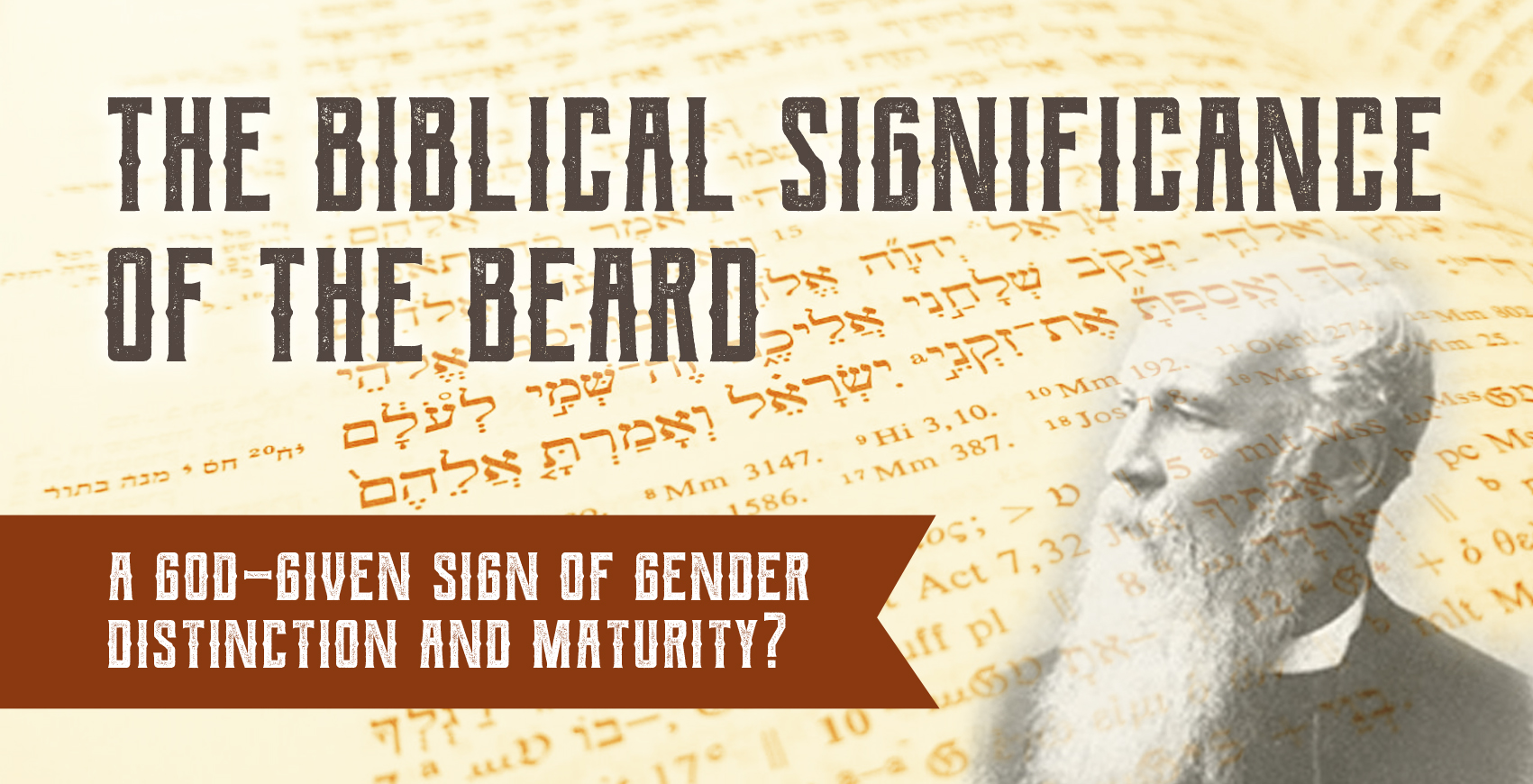
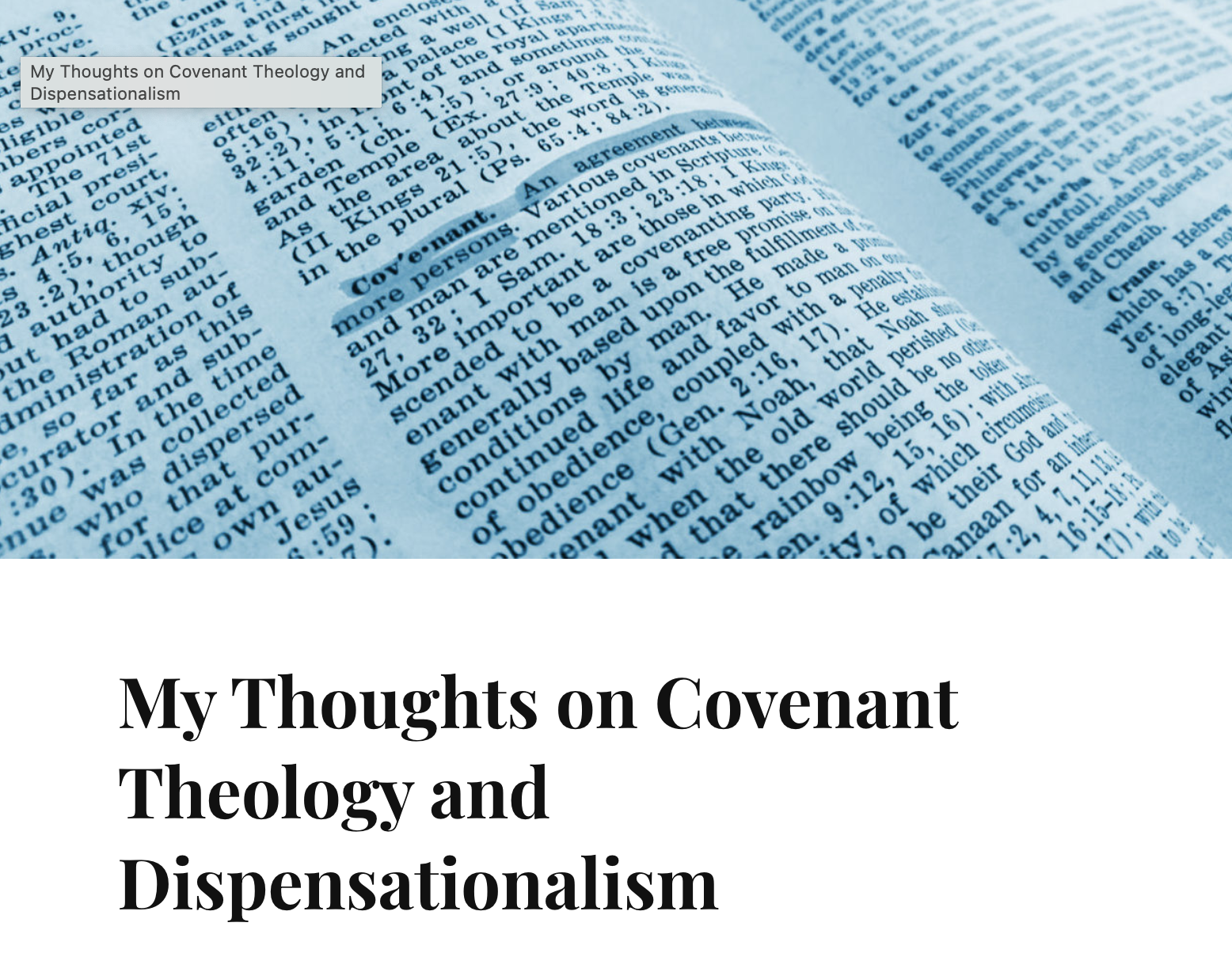
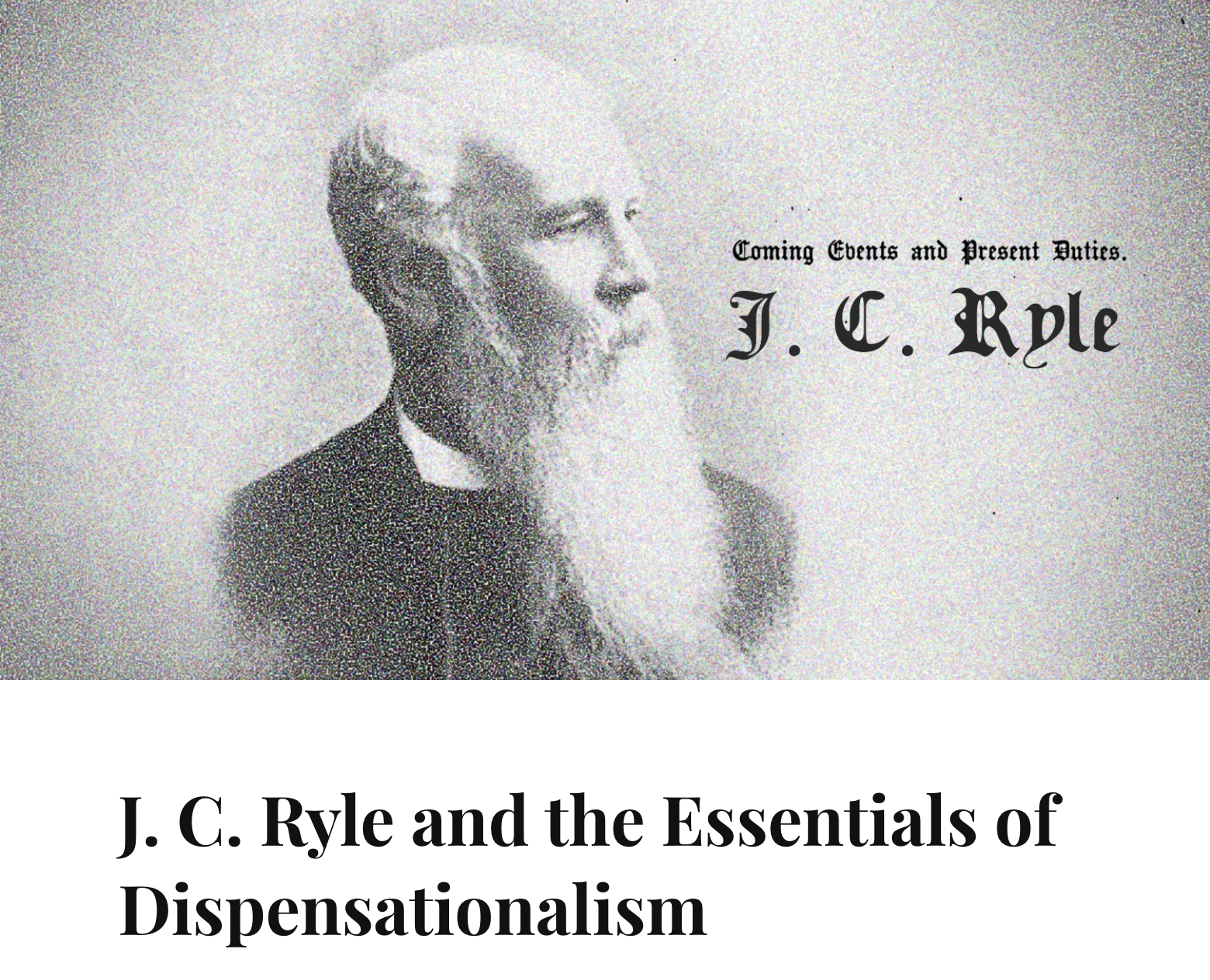
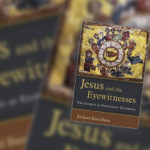
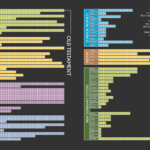





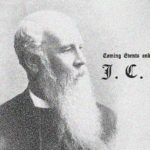
Leave a Reply